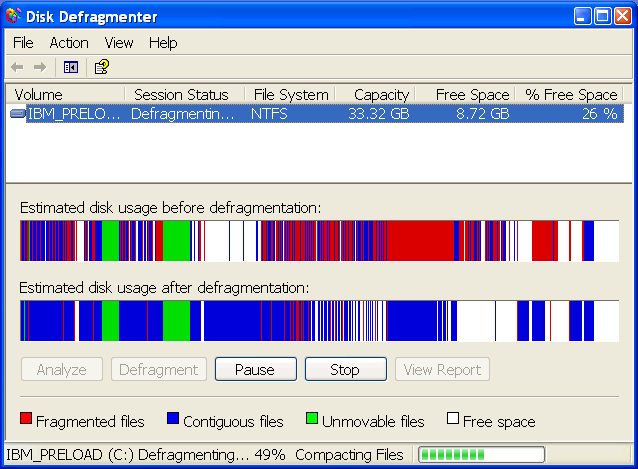Episodes: The defrag

I actually completely forgot I requested press credentials for the TCM Classic Movie Festival. (I'm also just now realizing that is actually the "Turner Classic Movies Classic Movie Festival.") When I abruptly realized it yesterday, after a long-ass week, in which I slept and wrote too little, and seemed to be endlessly dragged all over LA, working on various stories you won't see for weeks, I thought about skipping, even though I've always wanted to attend, and I think I can get a good piece out of it.
But I went. I hate saying I'll go to things and then not going, especially when it's ostensibly for my job. Even though I was worried I might fall asleep in a screening, I went and checked out a couple of movies, both of which I'd already seen. (It's a Wonderful Life and The Manchurian Candidate, for the record.)
I'm so glad I did. Not just because I love both movies, but because my brain needed it.
I was going to start this installment with "this is why so much writing on the internet is bad," but that felt a little unfair to my many, many internet colleagues. But I do think there's something about internet publishing that, if not checked (by common sense or an editor or just sheer exhaustion), leads to a kind of diminishing returns round of hitting the button that gives you the dopamine hit that having "published a piece" provides. Bonus points if you can get traffic out of it.
Internet writing, by necessity, is geared toward output, rather than input. Because our model is based around advertising, without subscription costs to back that advertising up, we require some sort of clicks. (And make no mistake: even the site you love most on the internet is trying to maximize your clickage. A more accurate definition of "clickbait" might be "everything on the internet.") The clicks or views or what have you get back to the advertiser, who then either reinvests, or decides it's not worth the time.
So that requires a constant stream of things being published, and that requires writers to churn out stuff, much more quickly than they would have in the print era. (Even if you publish one thing per day, as I typically do, that's a much higher level of output than I would have had in, say, the 1980s, if I were the TV critic at a newspaper. Then, I might have run three pieces in a week. Close, but not quite the same.) A thing happens, and there needs to be news posts and reactions and takes. Then another thing happens, because things are always happening.
I was talking with a friend about how to rebound from a big (incredible) piece they had written, how to just get back into the grind of things after a career highpoint had come and gone. And I realized all of my suggestions had nothing to do with writing and everything to do with intake. Watch a movie. Go for a walk. See a friend. Visit a museum. Head to the park/beach/hiking trail. Read a book. Play a game.
The business of internet publishing (or writing, or art, or etc.) is taking the contents of your head and putting them into other people's heads. Even if you're just rewriting press releases or something, it's still a process that requires calling on your own brain to summon things to appease others' brains. And you can't do that infinitely. You need to find ways to replenish your supply of brain juice, to defrag your internal hard drive. (Do people still know what defragging is? I hope so.)
What makes this tricky for me is that television is really lousy defragmentation material, because of how almost all of it is designed to lull you into submission on some level. There was once a study commissioned on how the massive screen size of a movie screen essentially causes your brain to slip into dream mode, where television promotes something much less active, more like when your mind wanders. (Do I know what this study was? No. I read about it in a Roger Ebert review, of course.) I'd wager that study would shift now that TV storytelling methods are more complex, and TV screens are larger. But there's still some level of truth to it. Anybody who's gotten lost in a binge-watch can tell you it's easy to exit feeling like you have a sick stomach.
Defragmentation is all about pinging the parts of your brain that aren't getting used when you're sitting in a chair, writing. Maybe that means going out and exercising. Maybe it means actively engaging with the strategy of a game. Maybe it means letting a movie work on your subconscious. Maybe it just means taking somebody else's words in. Your method will be different from mine will be different from somebody else's.
But it's necessary. I've felt burned out on this newsletter all week, unsure of what to write about and struggling to finish. But after a night at the movies, I wrote this one in about 10 minutes. Get out of your head and into somebody else's. It'll do you a world of good.
--
Episodes is published at least three times per week, and more if I feel like it. It is mostly about television, except when it's not. Suggest topics for future installments via email or on Twitter. Read more of my work at Vox Dot Com.




